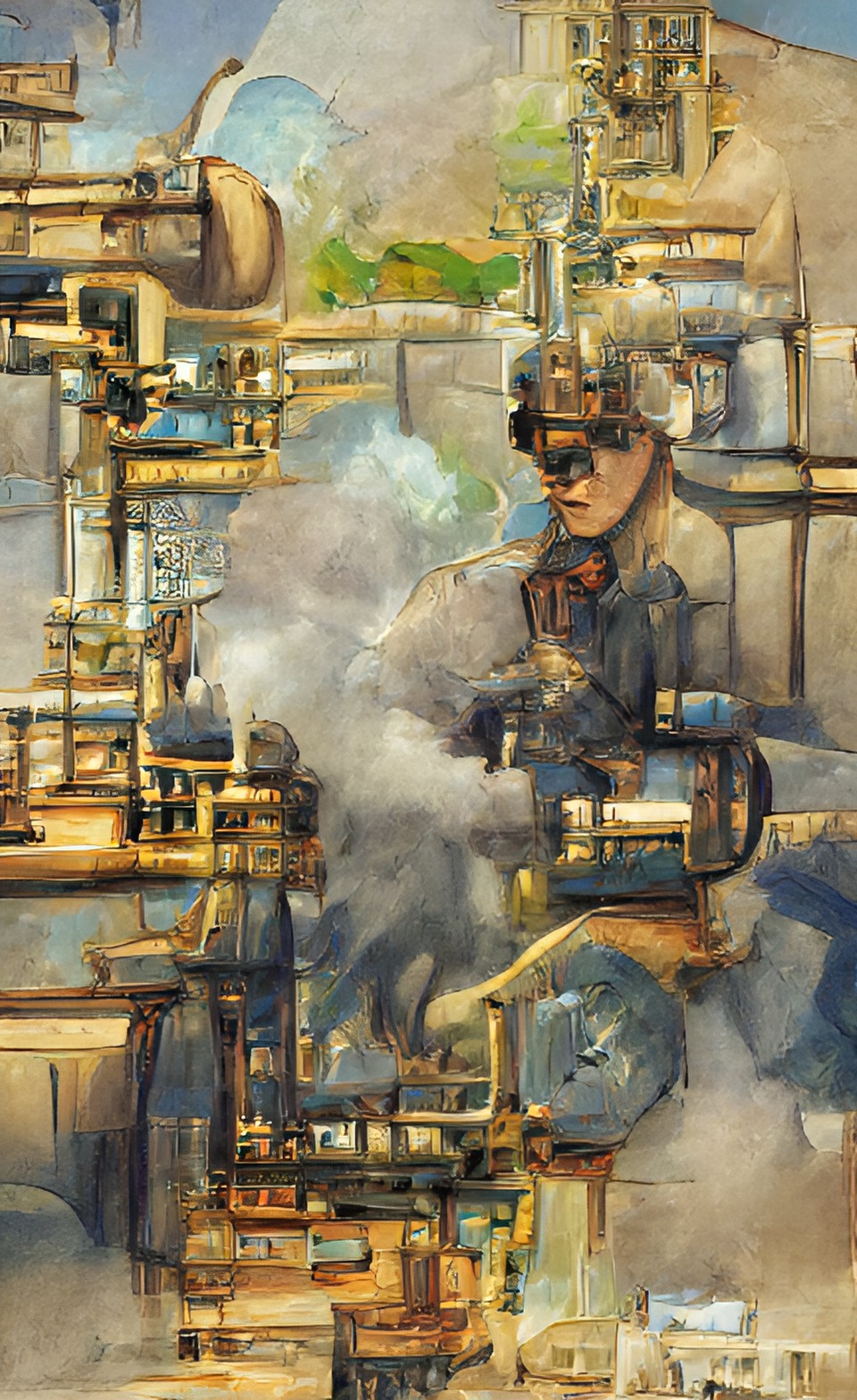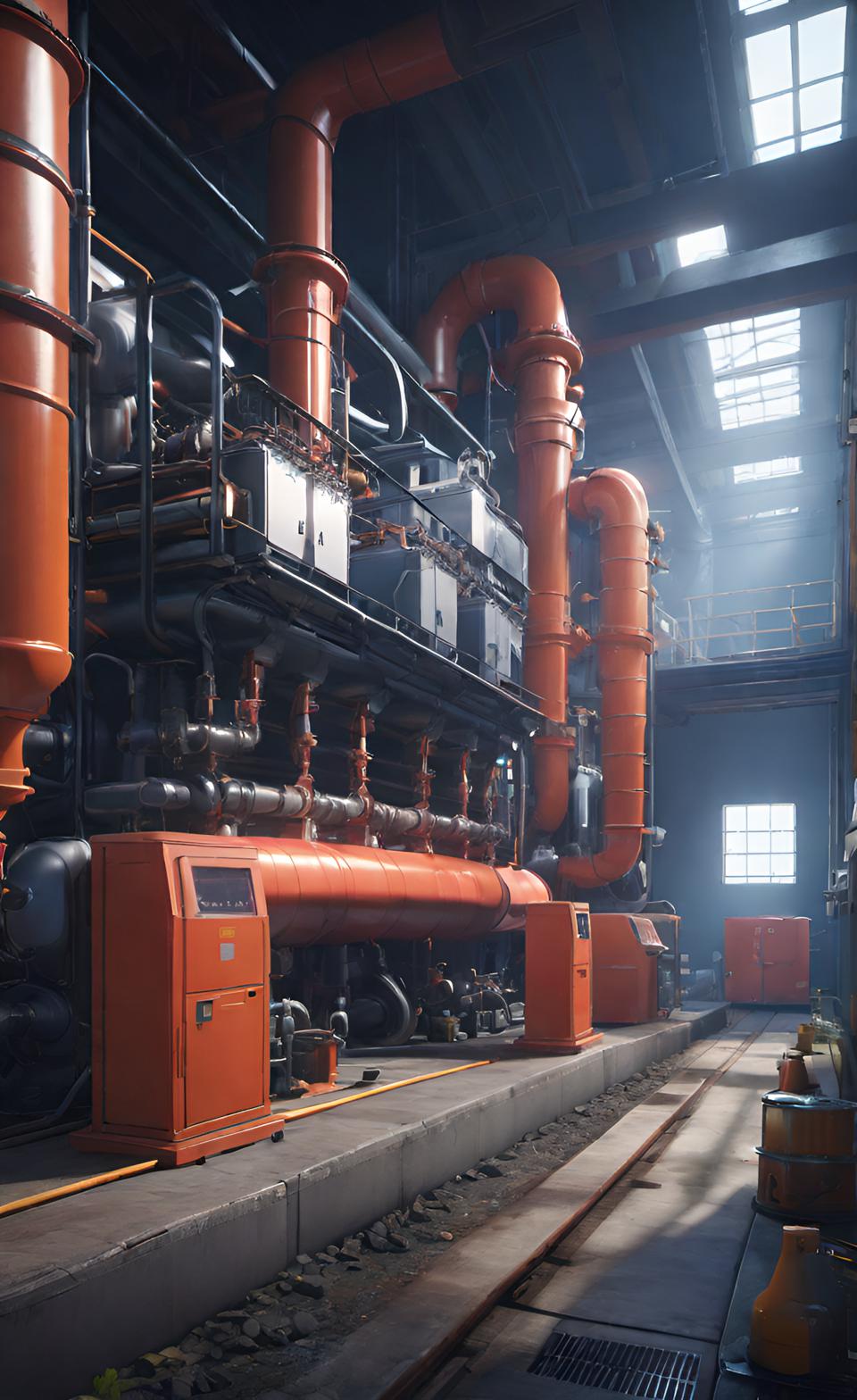Every indivitual can make a difference.
by justmesuzanne
(Texas)
The environmental problems that face us in the world today often seem overwhelming. Many people don't even try to do anything about conservation because they feel it is too big a task. It is important to remember that each person can and does make a difference.
By taking simple steps like recycling, not buying bottled water, keeping you car engine tuned or using public transportation or a bicycle, you are making a tremendous difference. You are not only working toward doing your share, you are setting an excellent example.
Barry's Response - Your suggestions make sense for a lot of reasons. Thank you, Suzanne.
There are more than 800 million parking spots in the USA (160 billion square feet). That's crazy. Even without cars, the spaces have an impact on the environment. A GlobeScan (2009) environmental impact survey ranked Canada second worst, largely because of the amount of home heating we do and the amount of vehicles we drive.
ONE MILLION barrels less oil would be used each day if all the cars in the US got just 3 mpg better than they do now.
People thought general goods manufacturing had the worst environmental impact in 1999, followed by utilities, transportation, food production, and packaging in last place. Packaging (bottles, litter, etc.) was the worst, then transportation and utilities. Manufacturing wasn't listed, but reality was usually opposite (more or less) of public perception. It's time for some education, since it probably hasn't improved much.
I just wanted to give you some ideas.
In spite of the fact that the environmental challenges we face can appear daunting, it is imperative to remember that each individual has the power to make a significant difference.
We can make a big difference by taking small steps towards conservation and sustainability.
Understanding our planet's intricate systems and their role in climate and weather patterns is one of the most fascinating things about studying meteorology. By studying meteorology, you learn how human activities affect our environment and how they affect global systems. The natural world and our actions are interconnected.
Imagine being able to analyze weather patterns, predict severe events, and help mitigate climate change. We can solve our environmental problems by understanding and participating in meteorology.
Meteorology gives you the knowledge and skills to advocate for sustainable practices, contribute to climate research, and make informed decisions. If you are curious, here is a list of things to consider. By learning about meteorology, you can inspire others to take action and make environmentally friendly choices.
Don't forget that your efforts matter. Set an example by recycling, reducing plastic waste, and using eco-friendly transportation. Environmental stewardship can inspire others, igniting a passion for sustainability.
Search this site for more information now.
I encourage you to take on the exciting journey of studying meteorology. Learn about our planet's systems, contribute to scientific research, and become an advocate for a more sustainable future. Let's make a difference together, one weather forecast at a time. Wishing you all the best on your meteorological journey!
Do you have concerns about air pollution in your area??
Perhaps modelling air pollution will provide the answers to your question.
That is what I do on a full-time basis. Find out if it is necessary for your project.
Have your Say...
on the StuffintheAir facebook page
Other topics listed in these guides:
The Stuff in the Air Site Map
And,
Thank you to my research and writing assistants, ChatGPT and WordTune, as well as Wombo and others for the images.
GPT-4, OpenAI's large-scale language generation model (and others provided by Google and Meta), helped generate this text. As soon as draft language is generated, the author reviews, edits, and revises it to their own liking and is responsible for the content.




